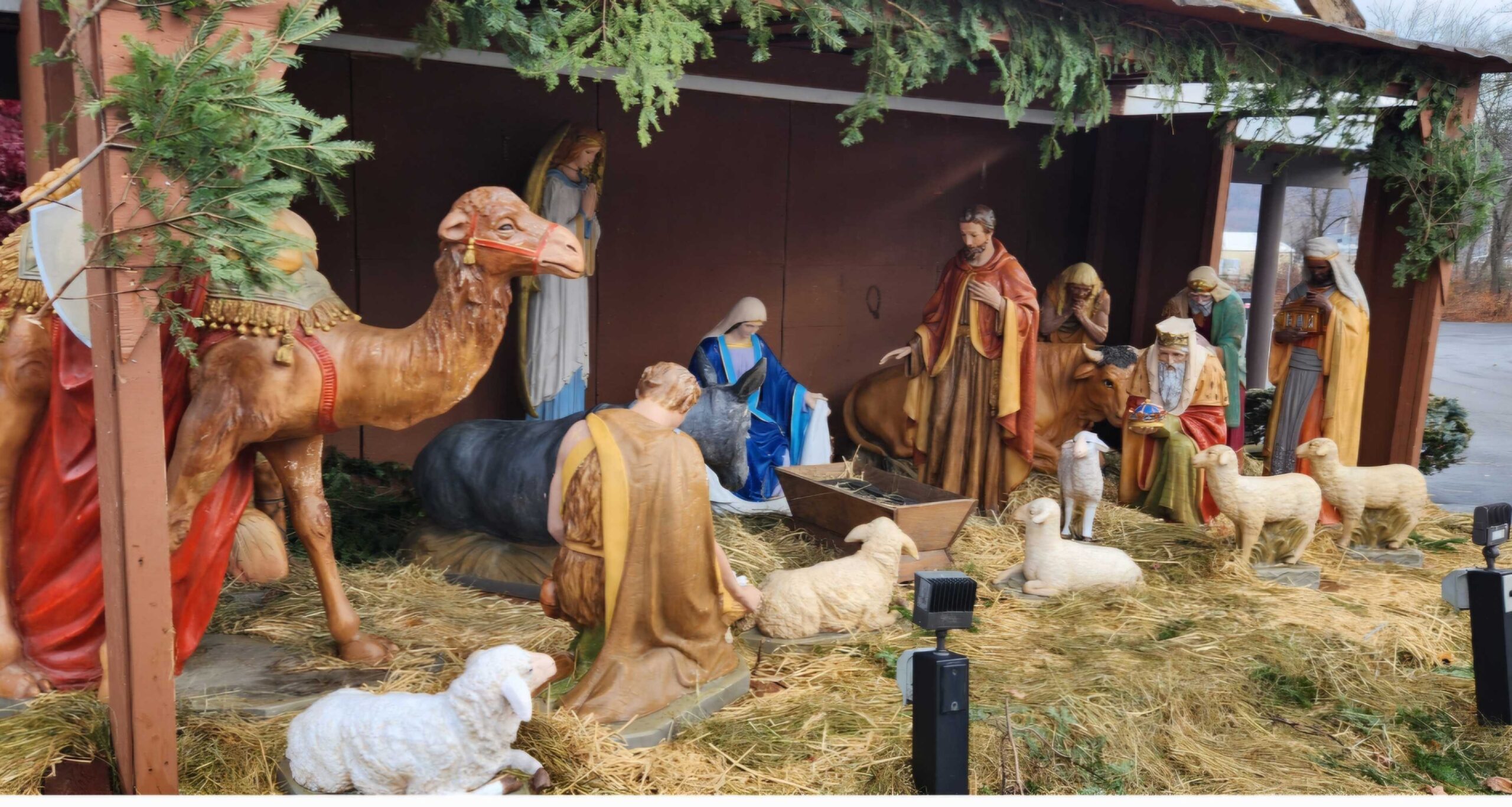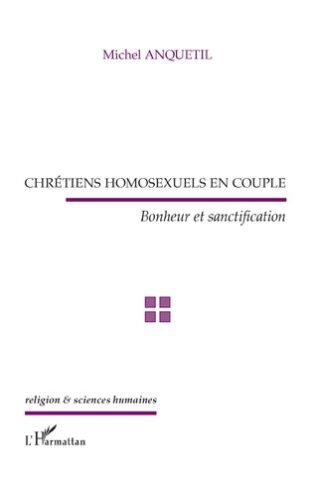This essay first appeared in our weekly Scripture reflection newsletter on December 7, 2024.
Theologians often talk about the “scandal of particularity,” the fact that God became incarnate during a particular time and in a particular place, and for that matter as a particular figure: Jesus of Nazareth. The idea that God would enter history in this way was a strange thought for both “Jews and Greeks.”
Though God comes close to God’s people in the Old Testament (conversing with Adam and Eve, appearing to Moses, arguing with Abraham and so on), the notion that God would enter history in this particular way was, to put it mildly, a surprise. (Thus, you can appreciate the reaction of some religious leaders at the time to Jesus, who said things like, “Before Abraham was, I am,” in John 8:48.) Likewise for the Greek philosophers, whose conception of God, at least in Aristotelian and Platonic terms, did not include an incarnate God. But with Jesus, we see a God who enters into history, into our history.
The readings for the Second Sunday of Advent build to a kind of crescendo on this theme, celebrating the coming of the Messiah. In the First Reading from Baruch, Jerusalem (standing for the whole people of Israel) is told to remove its “robe of mourning” in order to put on the “splendor of glory from God.” But exactly when Jerusalem’s deliverance from mourning will come is left unsaid. The Responsorial Psalm asks God to “restore our fortunes,” also in some unspecified time in the future. And in St. Paul’s Letter to the Philippians, he asks his readers to remain firm until the good work that God has done will be “complete.” When? On the “day of Christ Jesus.” Each of these readings is confident in the coming of Christ (and of course for St. Paul he has already come) but leaves the timing unspecified.
Though God comes close to God’s people in the Old Testament, the notion that God would enter history in this particular way was, to put it mildly, a surprise.
Not so for Luke. Of all the evangelists, he is the most concerned with firmly situating Jesus in history, which is why, in this Sunday’s Gospel, we read so much about historical figures like Tiberias Caesar, Pontius Pilate, Herod, Philip, Lysanias, Annas and Caiaphas. Ironically, though, as Raymond Brown points out in his Introduction to the New Testament, Luke gets some of the details wrong. “There never was a census of the whole Empire under Augustus (but a number of local censuses), and the census of Judea (not of Galilee) under Quirinius, the governor of Syria, took place in A.D. 6-7, probably at least ten years too late for the birth of Jesus.” (In a footnote, Brown reminds us, “Those convinced of Bible literalism are hard pressed to explain away all these inexactitudes.”)
But Luke’s larger point (even with an introduction that is, as Brown says, “historically fraught with problems”) is that Jesus entered into a particular time and place. And during that particular time, the particular place of Jesus’ birth, Galilee, was firmly under the heel of the Roman Empire.
Not only did God become incarnate in a complex time, but Jesus was born in a dirty, untidy and likely chaotic space: a stable. It probably smelled too.
Can we allow Christ to enter into the particularities of our lives today? We might think, “Oh, my life, my world, my society, my church, is too complex, too confusing, too complicated, for him to enter.” We might feel that it’s better to invite God in when things are a little more, well, stable.
But not only did God become incarnate in a complex time, but Jesus was born in a dirty, untidy and likely chaotic space: a stable. It probably smelled too. Basically, Jesus came into a mess. Can you let him come into the messiness of your life, your world, your place, your time and your history? Advent is a good time to let God into the messy stable of your heart.




